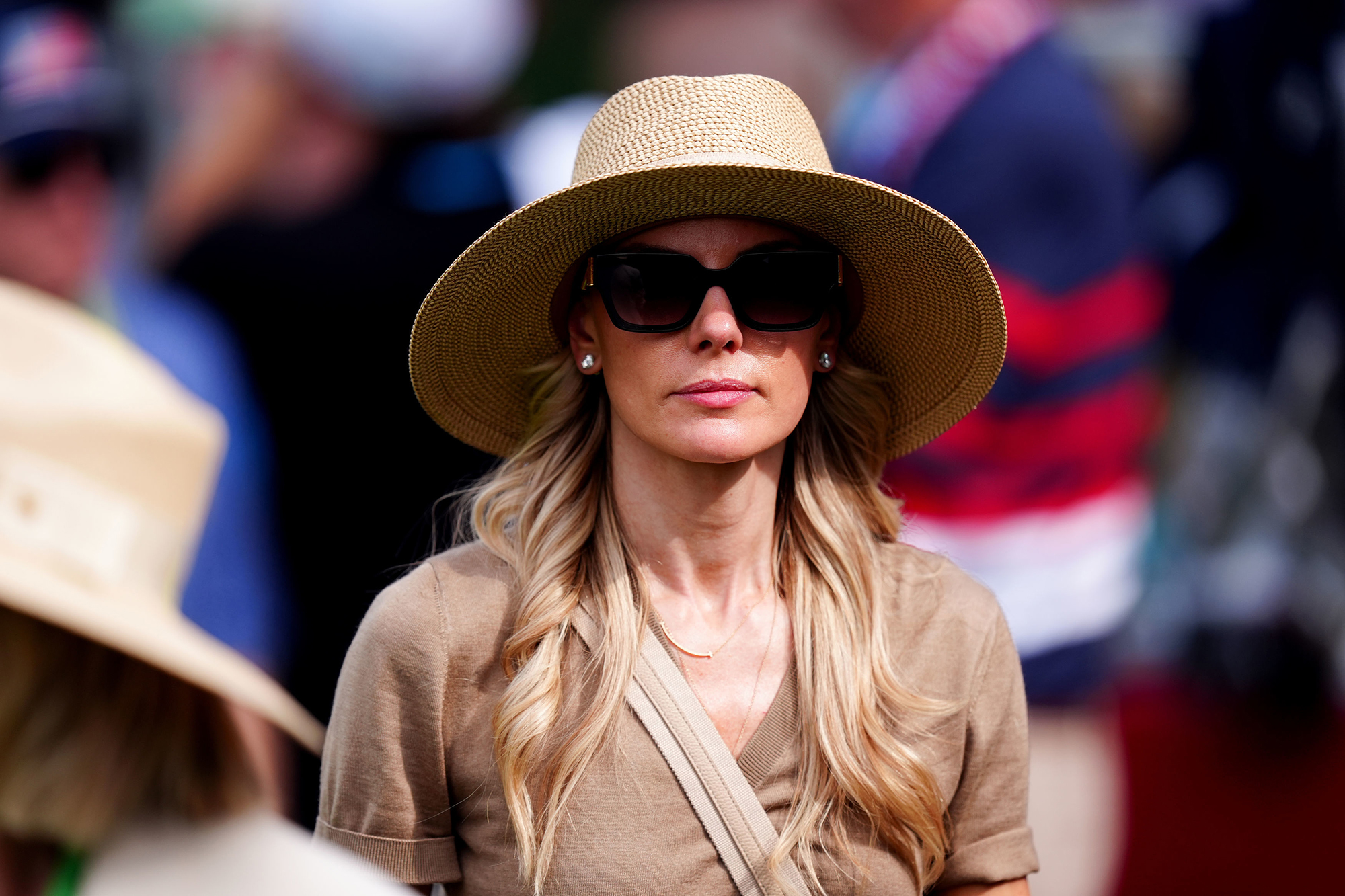We would be foolish to write off what happened to Erica Stoll, Rory McIlroy’s wife, at Bethpage as just an embarrassing blip, the product of a rowdy Ryder Cup crowd.
The golf itself delivered on every level. Europe dominated the first two days, before an inspired US comeback had us whispering: “They couldn’t do it, could they?” The drama was pure Ryder Cup.
But around the ropes, the atmosphere curdled. What was billed as an intimidating cauldron became something darker.
By the final day, Stoll, who keeps largely out of the spotlight, was reportedly left in tears. Shane Lowry later described the amount of abuse she received as astonishing. A beer was thrown in her direction. She was jeered about her private life.
All for the crime of quietly supporting her husband. It was a sobering reminder that in modern sport, the women closest to male athletes are increasingly treated as collateral, fair game simply because of who they are connected to.
McIlroy himself absorbed plenty of abuse. But the vitriol aimed at Stoll crossed a different line.
And the uncomfortable truth? This wasn’t a one-off. This culture isn’t confined to the Ryder Cup, to golf, or to the US. Casual misogyny, turbocharged by social media and emboldened in the stands, is dragging women into the line of fire who never signed up to be there.
I saw it first hand during my time at Kick It Out, football’s leading anti-discrimination charity, where reports of sexism have risen sharply in recent years. Last season alone, there were nearly as many reports of sexist chanting as in the previous four years combined, with several high-profile incidents targeting players’ wives and families.
And if this is the picture inside stadiums, online it’s even starker. Research from Fifa around the 2023 Women’s World Cup found that female players were 29% more likely to face online abuse than their male counterparts during Qatar 2022 That abuse doesn’t stay on screen. It seeps into real life. It fuels chants. It normalises, in some minds, the sort of bile hurled at Stoll.
To their credit, Team Europe condemned the abuse outright.
Newsletters
Choose the newsletters you want to receive
View more
For information about how The Observer protects your data, read our Privacy Policy
But even that was undermined by the PGA of America’s president, Don Rea, who when asked about the abuse, said: “Things like that are going to happen.” That mindset is the problem. Treating abuse as inevitable allows it to continue. Misogyny is a societal problem. But sport isn’t just a mirror, it sets the tone. It normalises abuse, or it draws a line and set new standards.
Unless sport confronts the culture that allowed this to happen, the next time it won’t just be a partner in tears. It will be another girl deciding she’s safer away from the game. And that’s a price no sport can afford.
Photograph by Mike Egerton/PA Wire


